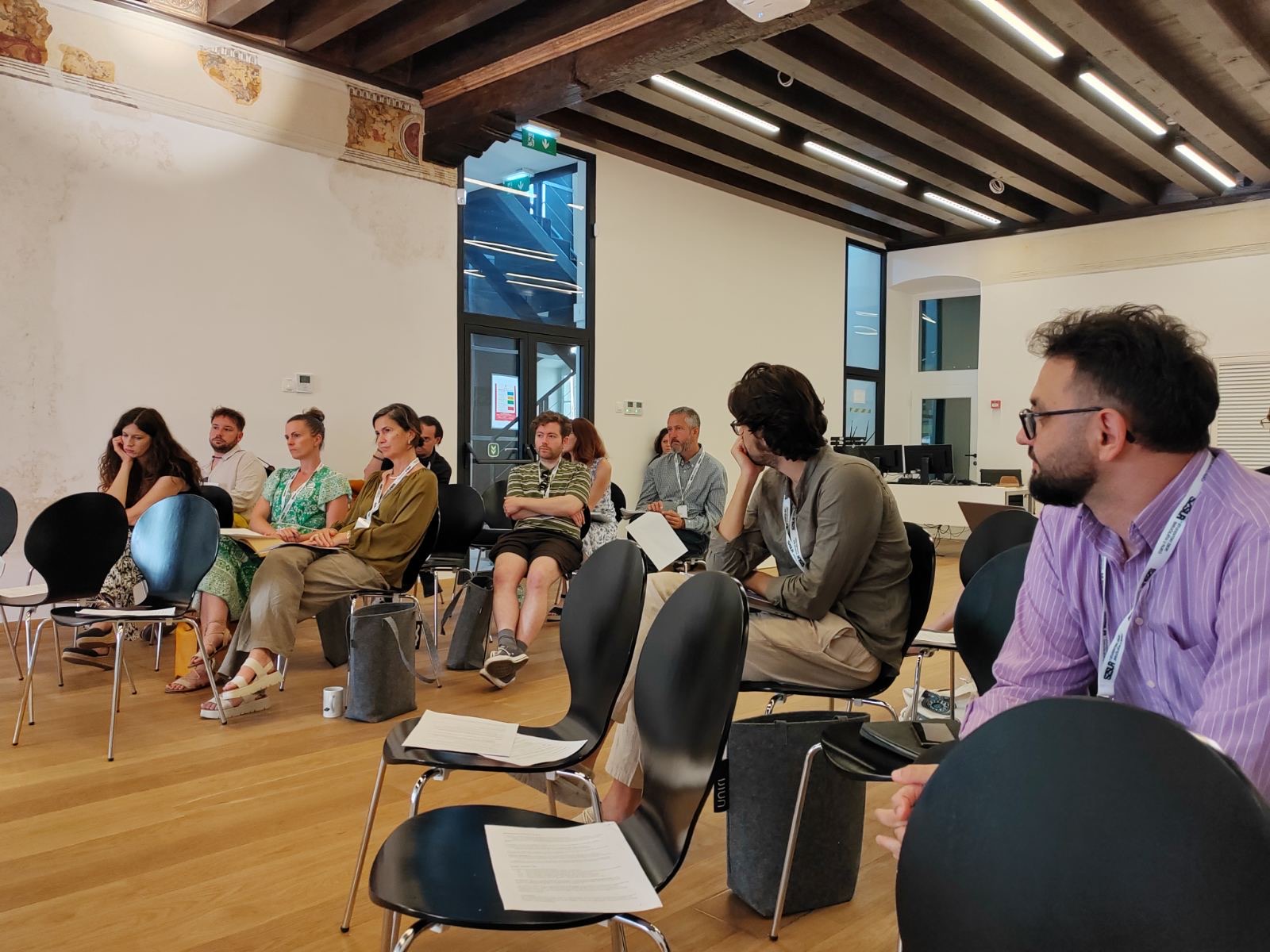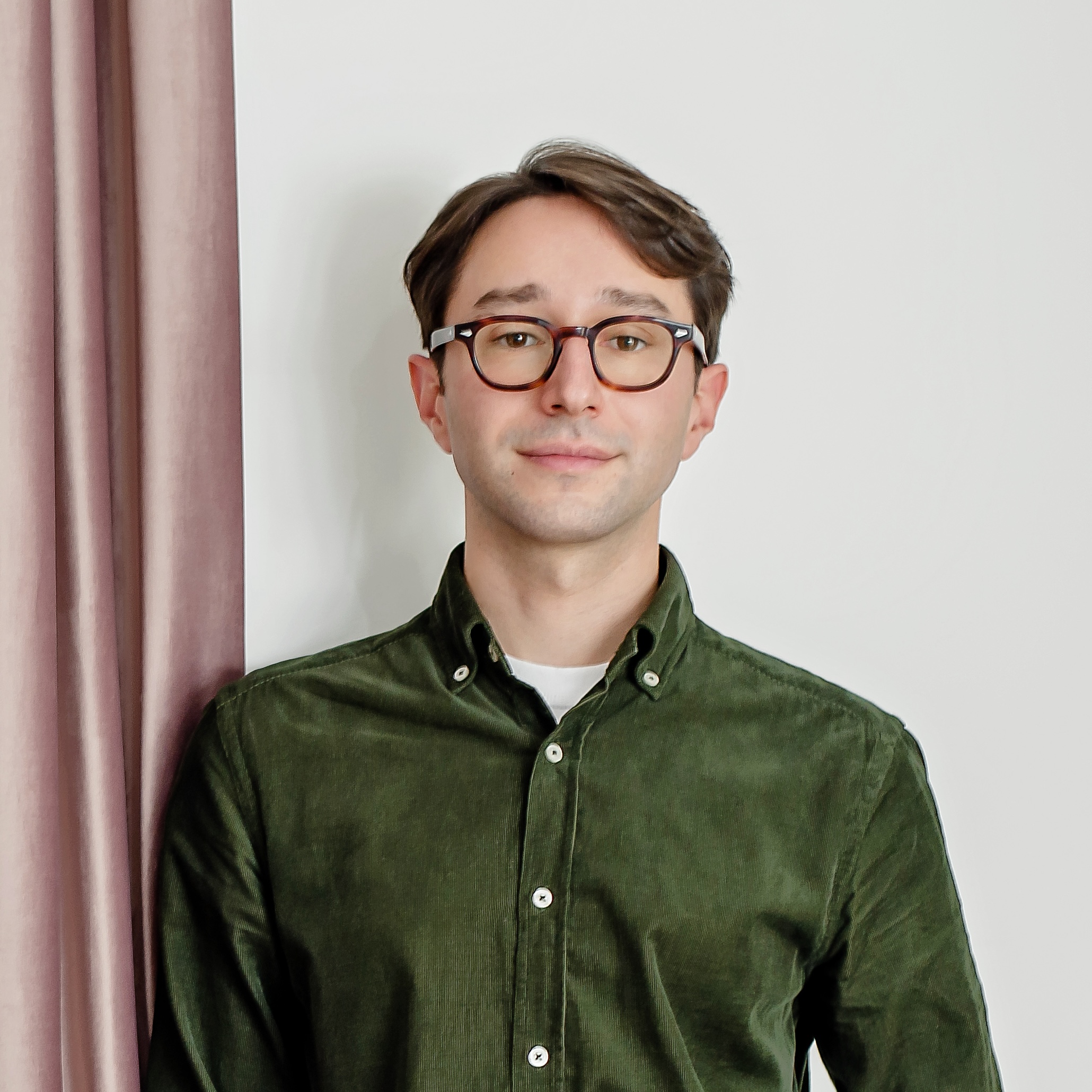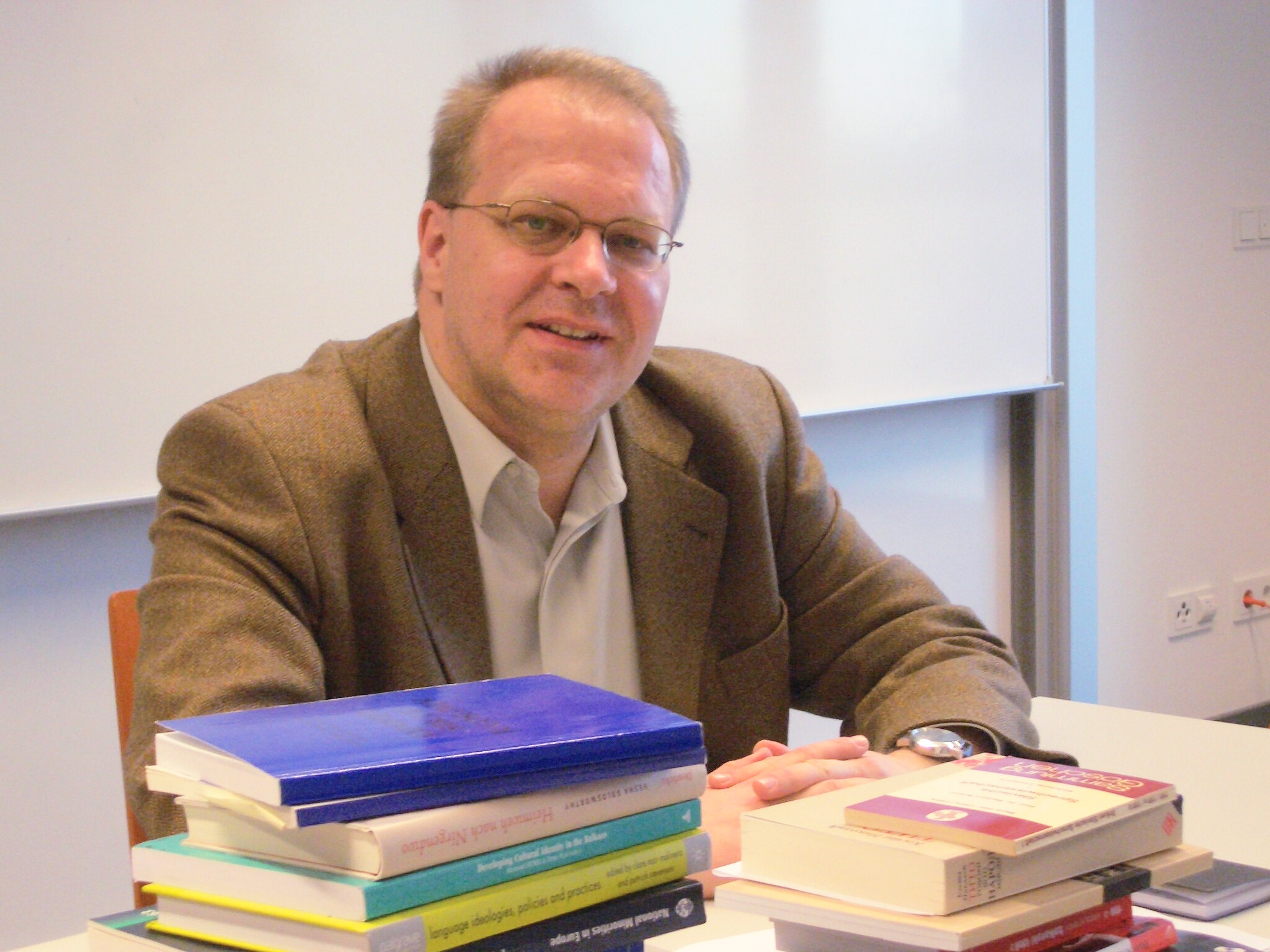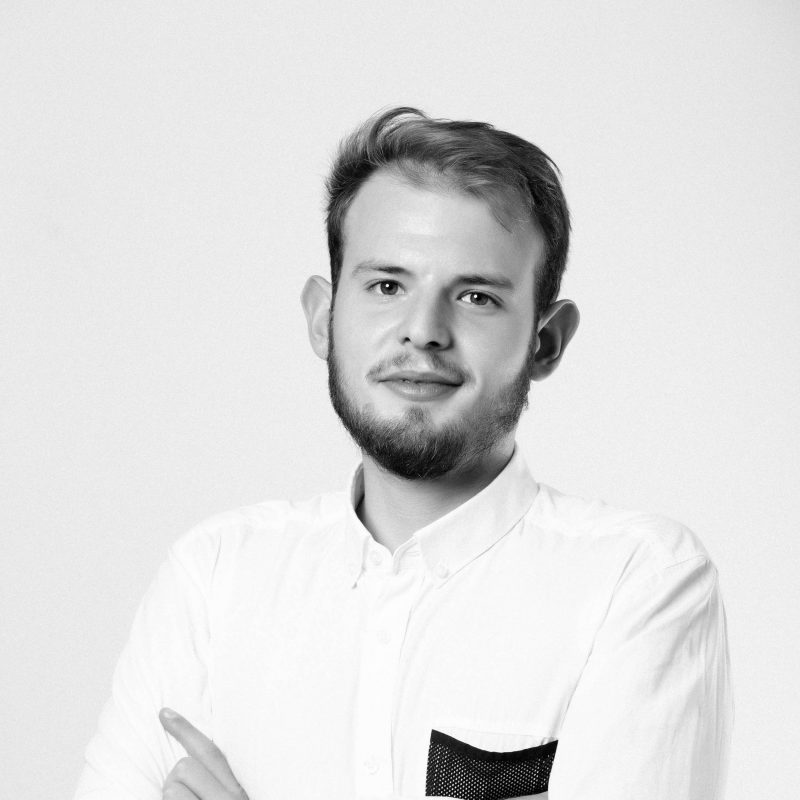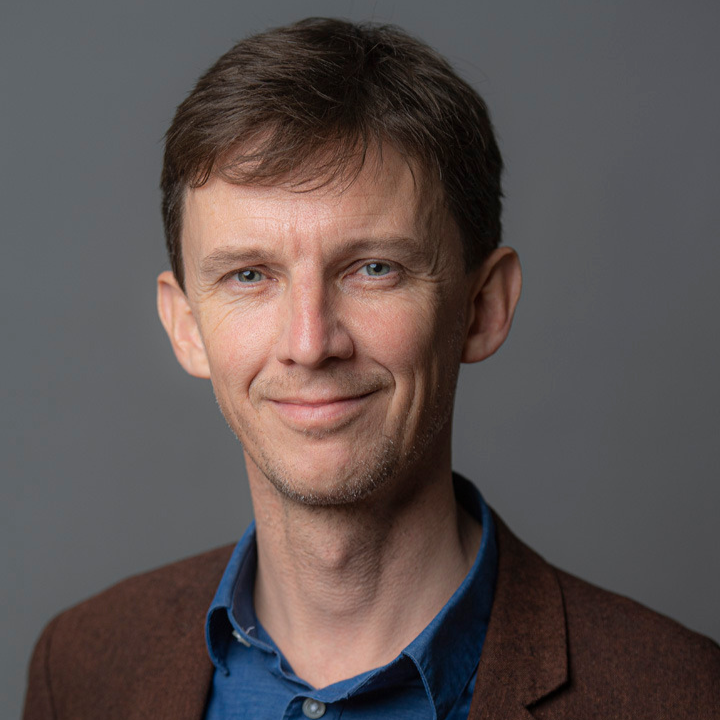
SIMON RIPPON
Philosopher specializing in moral and political philosophy, with particular interests in metaethics, epistemology, bioethics, propaganda and the epistemology of democracy, and the philosophy of public policy.
Between 2017 and 2019 he was a coordinator for the ETHOS project (“Towards a European Theory of Justice and Fairness“), funded by the EU Horizon 2020 programme. There he conducted research with a focus on methodology in political theory. Between 2009 and 2012 he was a postdoctoral fellow in bioethics at the Oxford Uehiro Centre for Practical Ethics in the University of Oxford, a Junior Research Fellow at Somerville College, and a Tutor in Philosophy at Oriel College. He received his PhD in Philosophy at Harvard in 2010, with a dissertation on metaethical and epistemological issues relating to the question of how there can be knowable moral truths. At Harvard, he was a Graduate Fellow of the Edmond J. Safra Center for Ethics at the Kennedy School of Government.
He joined Central European University in 2012 and is currently Associate Professor in the Departments of Philosophy and Public Policy at CEU, Vienna. He served on the CEU Senate between 2016 and 2022, as Chair of the CEU Ethical Research Committee 2020-2022, and as a member since 2013. He remains a member of the OSUN Human Subject Research Ethics Review Board.
On Thursday, December 15th at 12 PM (CET), we will host the CAS SEE Seminar with Simon Rippon on the topic of Public Opinions and Political Philosophy, co-authored with and presented by our Fellow Miklos Zala.
Many political philosophers think it appropriate to develop our normative theories of justice from the armchair, without paying heed to the views of the general public. We disagree. We argue that it follows from very modest premises that political philosophers need to pay serious attention to what others think and experience.
More specifically, we argue that theorists of justice ought to pay attention not just to what “the public” as perhaps an imagined, vaguely homogenous mass think, but rather to what particular social groups of people think and experience.
While noting that many political philosophers have already been doing the kind of work we recommend, we argue that even classic armchair methods in “pure” political philosophy, such as reflective equilibrium and the Rawlsian original position thought experiment, demand a more inclusive approach than philosophers in the mainstream analytic tradition have widely thought necessary.
Join Zoom Meeting:
https://us02web.zoom.us/j/88989643663?pwd=VnZTOWRmdnl0WEZIdTczc1paZWtkdz09
Meeting ID: 889 8964 3663
Passcode: 328897
Fellowships are enabled by the ERSTE Foundation and Rockefeller Brothers Fund in the framework of supporting brain circulation for democratic development in Southeast Europe.
UNIRI The Moise Palace: Cres Island
An education center of the University of Rijeka. A five-hundred-year-old patrician townhouse and the largest Renaissance palace on the Croatian islands. A venue and forum for various scientific and research activities, it welcomes visiting academics, students and scholars.

